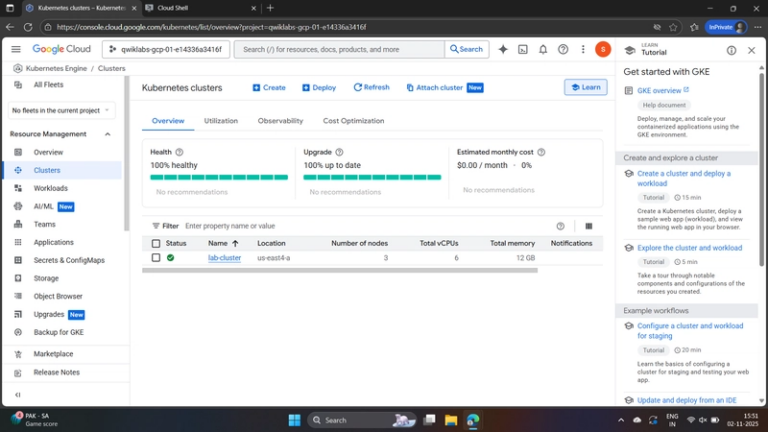Day 1: software engineering Insights (#1)
Day 1: Software Engineering Insights (#1)
Laying the Groundwork for a Career in Software Engineering
Starting a journey into software engineering is both exciting and overwhelming. Day 1 marks a pivotal moment — it’s the point where aspirations begin to meet execution, where ideas transform into concrete learning, and where abstract interest turns into practical application. Whether you’re a fresh graduate, transitioning from a different career, or a self-taught coder stepping into your first professional role, the first day is critical. In this first edition of our Software Engineering Insights series, we’ll explore foundational perspectives and principles every aspiring engineer should internalize to build a strong and sustainable career.
Understanding What Software Engineering Is
Software engineering isn’t just about writing code — it’s about solving problems through software in a structured, scalable, and maintainable way. While programming is one piece of the puzzle, software engineering includes requirements gathering, system design, testing, deployment, and long-term maintenance. It’s a discipline that combines engineering principles with computer science concepts to build robust, efficient, and useful software systems.
On Day 1, it is essential to understand that software engineering is a team sport. Collaboration, communication, and critical thinking matter as much as coding skills. Recognizing this from the outset helps set realistic expectations for what lies ahead.
Insight #1: Focus on Problem Solving, Not Just Programming
New engineers often focus heavily on language-specific syntax or frameworks, investing all their energy memorizing APIs and debugging tiny code issues. While this is natural, it’s important to step back and develop a problem-solving mindset. Programming languages are tools. They evolve, fall out of fashion, or become obsolete. The ability to dissect a problem, research solutions, plan implementations, and adjust approaches based on feedback is far more enduring and valuable.
To cultivate this skill:
- Practice algorithmic thinking using platforms like LeetCode, HackerRank, or CodeSignal.
- Break problems down into smaller chunks before writing code.
- Reflect on failed attempts as learning opportunities, asking not “Why didn’t this work?” but “What assumptions did I make that turned out to be false?”
Insight #2: Embrace the Learning Curve
Software engineering is a craft continuously refined, not a destination. The first few weeks — even months — will present countless new tools, acronyms, best practices, and patterns. The reaction might be to feel lost or imposter syndrome, and that’s normal. Everyone — no matter how senior or experienced — starts with uncertainty.
Learning on the job is expected in this profession. Your goal on Day 1 is not to know everything but to be hungry to learn. Ask questions. Read documentation. Pair with colleagues. Take time to understand “why” — not just “how.” Over time, your mental map of the software engineering world will grow deeper and more intuitive.
Tips to accelerate learning on Day 1 and beyond:
- Keep a daily journal of new concepts learned.
- Maintain a list of unfamiliar terms or concepts to research.
- Find a mentor or buddy in your organization or community.
Insight #3: Code Quality Matters Early
When learning to write functioning code, beginners tend to treat code quality as a later concern — something to “fix” once it works. However, developing good code hygiene from Day 1 will pay long-term dividends. Writing clean, readable, and maintainable code is more important than writing clever code. You’re not writing code just for the machine — you’re writing it for other engineers, including your future self.
Here are simple guidelines to follow from the start:
- Use meaningful variable and function names.
- Follow consistent indentation and code formatting styles.
- Write modular and reusable functions.
- Leave comments that explain “why”, not just “what”.
- Start learning basic version control with Git — even if you’re working alone.
Remember: more time is spent reading code than writing it.
Insight #4: Learn the Power of the Software Development Lifecycle
A recurring guidance most successful developers emphasize is to understand the Software Development Lifecycle (SDLC). It encompasses all stages of software creation — from requirements analysis to deployment and beyond. Knowing the SDLC helps beginners appreciate the context of their work and the roles of others involved in delivering a product.
Basic stages of SDLC you should know:
- Requirements Gathering – Understanding what the customer or user needs.
- Design – Planning the structure of the software, database schemas, API contracts, etc.
- Development – Writing the code.
- Testing – Verifying the software behaves as expected.
- Deployment – Making the software available to users.
- Maintenance – Bug fixes, updates, and feature enhancements post-launch.
Even if you’re not involved in each phase right away, understanding how software progresses from concept to customer helps you become a systems thinker, not just a coder.
Insight

